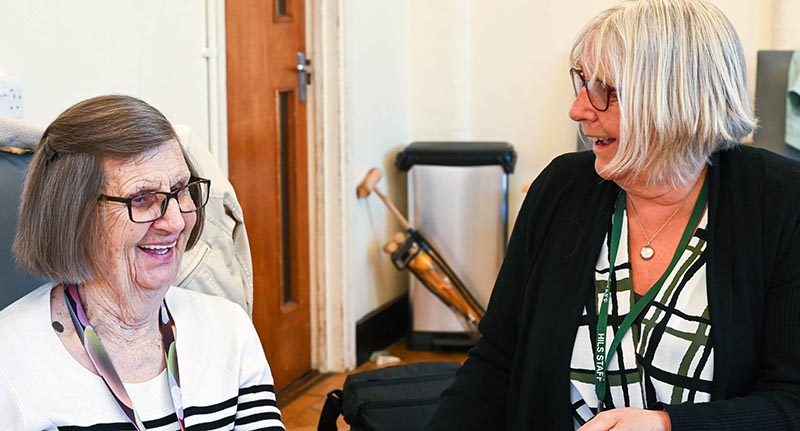Population ageing is a major global trend reshaping societies worldwide. Life expectancy at birth now exceeds 75 years in half of the world’s countries, 25 years longer than in 1950. By 2030, older persons are projected to outnumber youth globally, with this increase most rapid in developing countries.
This demographic shift has significantly transformed the caregiving landscape, encompassing a wide range of needs for both paid and unpaid support in formal and informal settings. As populations age, the demand for comprehensive healthcare, care, and social support services has grown substantially, particularly for older persons with conditions such as dementia.
In recognition of these challenges and opportunities, the 34th commemoration of the United Nations International Day of Older Persons will focus on the theme of “Ageing with Dignity: The Importance of Strengthening Care and Support Systems for Older Persons Worldwide“.
This year’s event will bring together experts to discuss policies, legislation, and practices that strengthen care and support systems for older persons. It will highlight the urgent need to expand training and educational opportunities in geriatrics and gerontology, address the global shortage of care workers, and recognize the diverse contributions of caregivers.
The commemoration will also emphasize the importance of protecting the human rights of both caregivers and care recipients, promoting person-centered approaches to care that respect the dignity, beliefs, needs, and privacy of older persons, and for the right to make decisions about their care and quality of their lives.
The number of older people (defined as those aged 65 years or older) tripled from around 260 million in 1980 to 761 million in 2021. Between 2021 and 2050, the global share of the older population is projected to increase from less than 10% to around 17%.
Rapid growth in the number of people reaching older ages underscores the significance of promoting health, preventing, and treating illnesses throughout the entire course of life.
In societies with aging populations, it becomes imperative to adjust to the increasing number of elderly individuals who possess a diverse range of functional capacities. The capability to carry out essential functions and partake in everyday activities is influenced not solely by an individual’s inherent capacity but also by the social and physical environments in which they reside. Supportive environments play a pivotal role in assisting older individuals to maintain their activity levels and independence as they progress in age.







